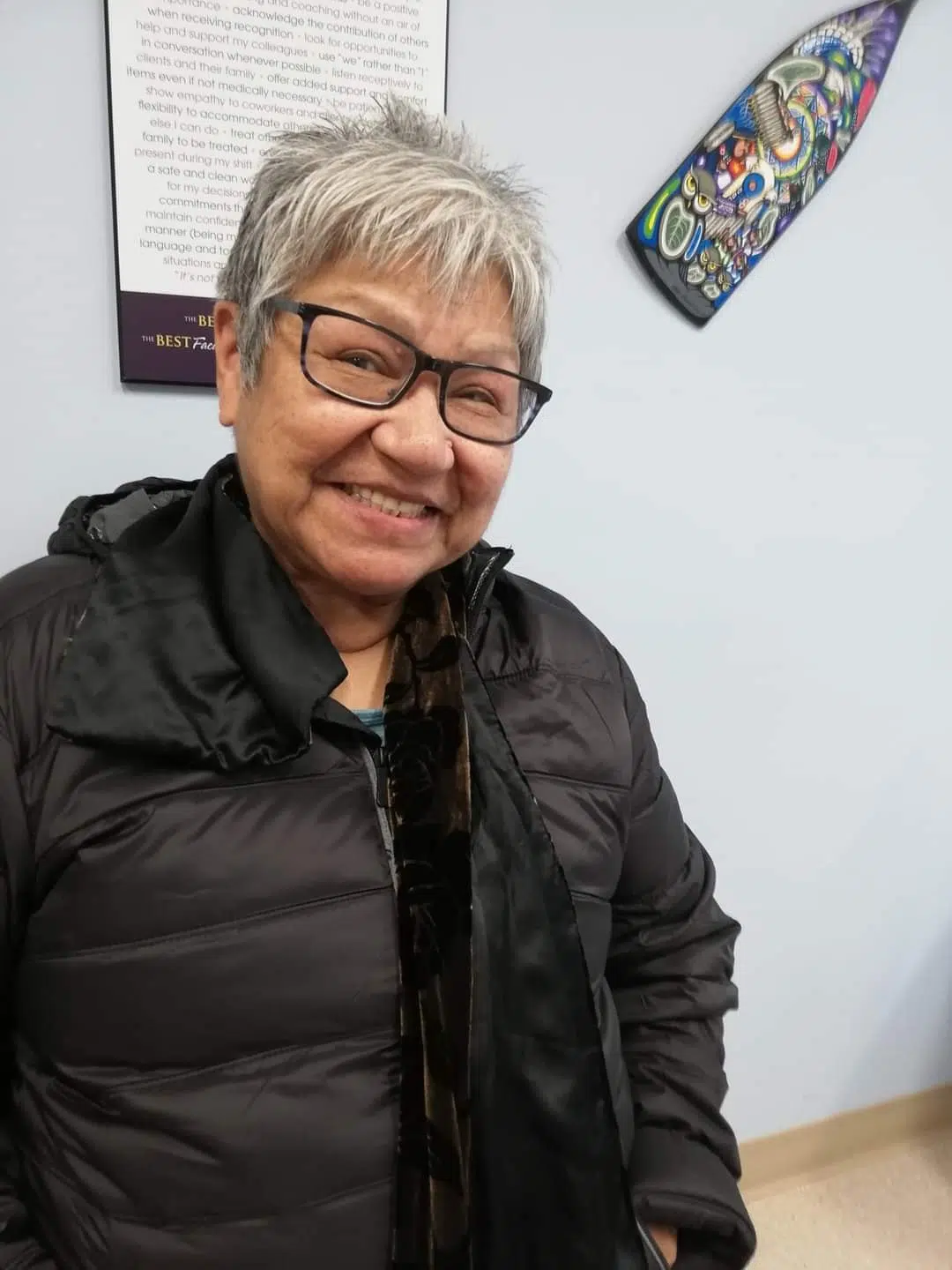
The hunger strike launched by Eagle Lake First Nation Elder Brenda Morison has reached day number 26.
Chief Arnold Gardner says the community supports and respects the action but is extremely concerned about her health and well-being.
Morison briefly lost full visitation rights to her three great-grandchildren over the Thanksgiving weekend.
Gardner says he expects full cooperation from Anishinaabe Abinooji Family Services and other parties involved to ensure Morison has full access to her great-grandchildren.
“These children are entitled to the benefit of their Anishinaabe culture, language, identity, traditional values and ways. Only their great-grandmother can make this happen. There is no excuse whatsoever for anyone to get involved with these children, whether that be the Anishinaabe Abinooji Family Services or the current care providers, to not facilitate and enable these children to spend quality time with their great-grandmother.”
Gardner notes the newly elected Council is actively pursuing acquiring jurisdiction of their own child and family services.
This past January, Bill C-92 became federal law which recognizes for the first time the inherent right of First Nations to assert jurisdiction over members of the First Nation as it relates to their children and families.
Gardner stresses “Now it is time for our First Nation and other First Nations to develop our laws and capacity to put into effect this reality. We expect to continue to work in cooperating with Anishinaabe Abinooji Family Services and other government agencies throughout this transition period.”
He adds “We expect full cooperation from Anishinaabe Abinooji Family Services and other parties involved to ensure that this great-grandmother is able to share her love and Anishinaabe culture and identity with her great-grandchildren.”
Gardner states “It is hard to imagine that with the infamous history of residential schools, the Calls to Action of the Truth and Reconciliation Commission, the Sixties Scoop and the recent findings of the Canadian Human Rights Commission, that we are still having to convince authorities of the essential importance of ensuring that our children remain connected with their family and First Nation community.”


